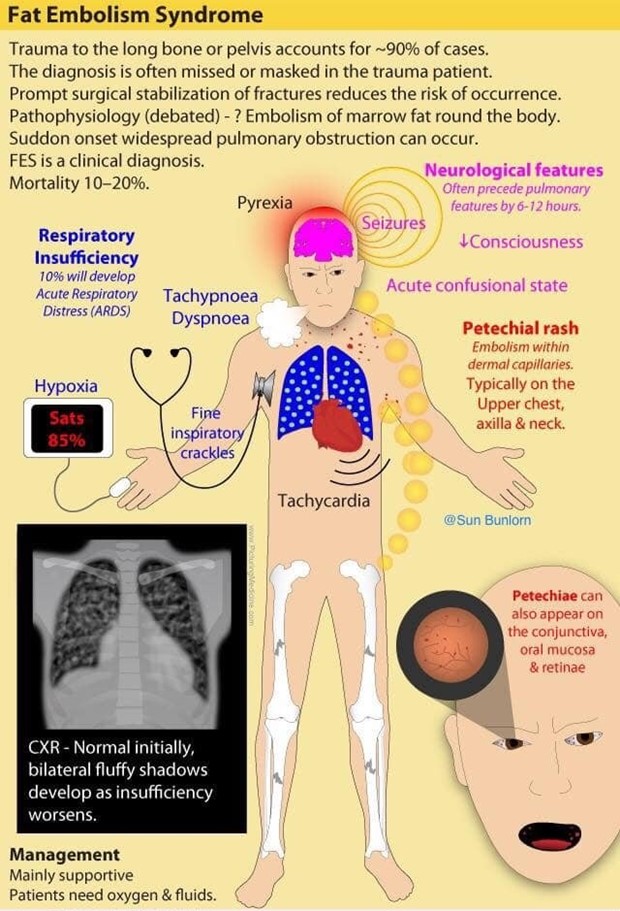The nurse provides education to a female patient diagnosed with iron deficiency anemia. Which patient statements indicate a correct understanding of iron deficiency?
SELECT ALL THAT APPLY
"I will increase my intake of meat and beans.”
"I will take a Vitamin C supplement to increase iron absorption."
“This anemia may occur more during pregnancy of menstruation.""
I will increase my intake of dairy products.
"Oral supplements are not as effective as monthly subcutaneous injections.”
Correct Answer : A,B,C
These statements reflect the appropriate knowledge related to iron deficiency anemia. Iron-rich foods such as meat and beans can help increase iron levels in the body. Vitamin C aids in the absorption of iron, so taking a Vitamin C supplement can enhance iron absorption. Iron deficiency anemia is more common during pregnancy or menstruation due to increased iron demands.
However, increasing intake of dairy products alone does not address the iron deficiency. The statement about oral supplements not being as effective as monthly subcutaneous injections is incorrect, as oral iron supplements are commonly used to treat iron deficiency anemia and are effective in most cases.
Nursing Test Bank
Naxlex Comprehensive Predictor Exams
Related Questions
Correct Answer is C
Explanation
Weight gain is a positive indicator of improved nutritional status. It suggests that the client is receiving adequate nutrition and their body is able to build up and retain weight. This is particularly important in the case of protein-calorie malnutrition, as it indicates that the client is receiving sufficient protein and calories to support their nutritional needs.
Correct Answer is D
Explanation
Fat embolism syndrome can occur when fat globules enter the bloodstream after a long bone fracture, such as a femur fracture. The fat globules can travel to the lungs and cause respiratory distress and decreased oxygen saturation. The symptoms observed in the client, including tachypnea (labored breathing), decreased oxygen saturation (88%), and the presence of petechiae (small red or purple spots) on the neck and anterior chest, are consistent with fat embolism syndrome.

Fat embolism syndrome is a serious condition that requires immediate medical attention. Notifying the healthcare provider allows for prompt evaluation, confirmation of the diagnosis, and initiation of appropriate treatment. This may involve further diagnostic tests such as a chest CT scan, as mentioned in one of the options, to rule out other potential causes or complications.
Whether you are a student looking to ace your exams or a practicing nurse seeking to enhance your expertise , our nursing education contents will empower you with the confidence and competence to make a difference in the lives of patients and become a respected leader in the healthcare field.
Visit Naxlex, invest in your future and unlock endless possibilities with our unparalleled nursing education contents today
Report Wrong Answer on the Current Question
Do you disagree with the answer? If yes, what is your expected answer? Explain.
Kindly be descriptive with the issue you are facing.
